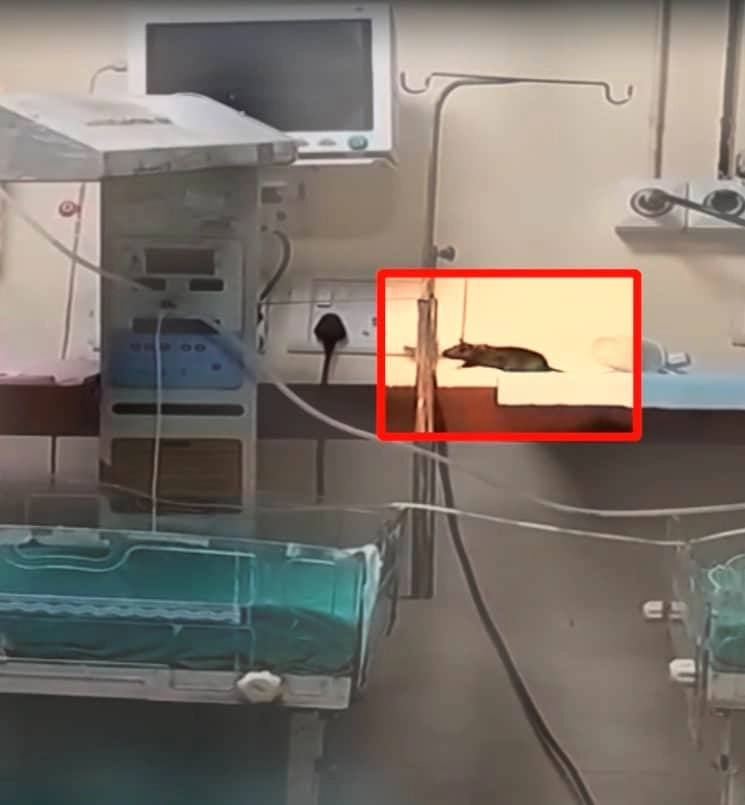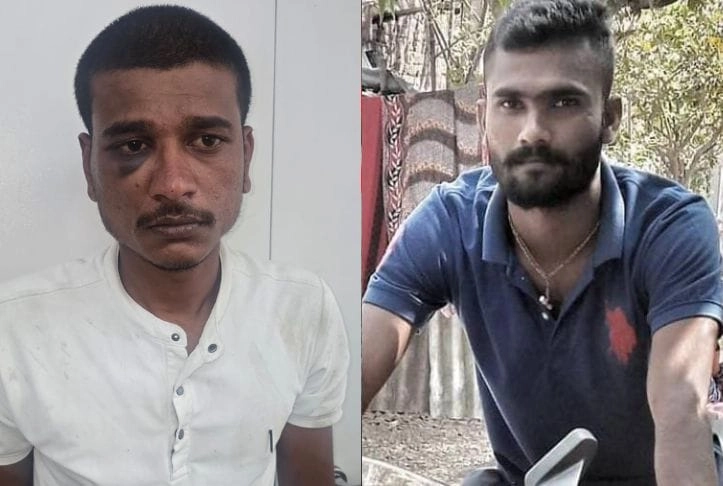In a shocking incident that has raised serious concerns about hospital safety and hygiene, two newborns fell victim to rat bites inside the intensive care unit (ICU) of a hospital in Indore. The alarming event occurred during the night when the infants were left unattended, leading to injuries on their fingers, head, and shoulder. This distressing situation highlights not only the vulnerability of newborns in medical facilities but also the pressing issues of cleanliness and pest control within healthcare environments.
The affected infants were admitted to the ICU for specialized care, a setting that is expected to provide the utmost protection and safety. However, the presence of rats in such a critical area poses significant risks, not only due to the potential for physical harm but also because of the threat of infections that can arise from rodent bites. Medical professionals and hospital administrators are now under scrutiny as the incident calls into question the effectiveness of existing sanitation measures and the overall management of the facility.
Immediate action has been taken to treat the injured newborns, with medical staff closely monitoring their condition for any signs of complications. In response to the incident, hospital authorities have promised a thorough investigation into how rodents were able to infiltrate such a sensitive area. This situation has sparked outrage among parents and the community, who are demanding accountability and improved safety measures to ensure that no other child faces similar dangers in the future.
As discussions about hospital safety intensify, it is crucial for healthcare facilities to prioritize pest control and maintain a clean environment to protect the most vulnerable patients. The incident serves as a stark reminder that even in places designed to heal, lapses in basic hygiene can lead to tragic consequences. The hospital must take immediate steps to address these failures, reassuring parents that their children will be safe and secure during their time in care.




